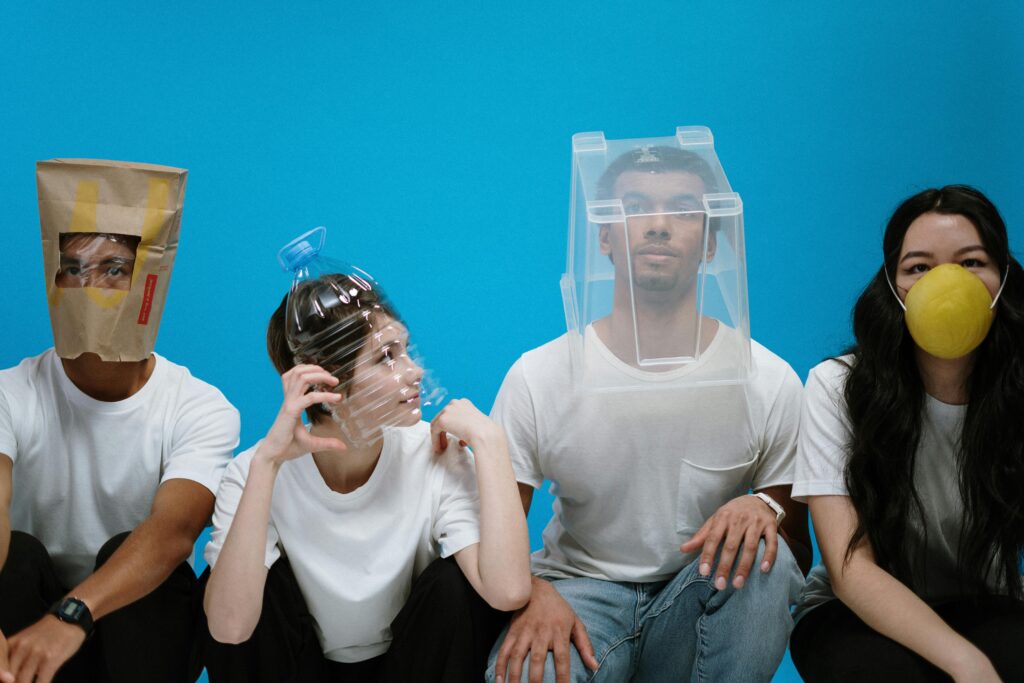
Hi, my name is Alex, and I’m in 18+ year Old. I thought I was Unbeatable, but COVID-19 changed everything. now check What to Do If You Have COVID-19.I got sick and learned a lot.
My Symptoms
I started with a sore throat and a headache. I thought it was just a cold. But then, I got really tired and had a fever. I got tested and found out I had COVID-19.
What I Did First
- I isolated myself to not spread the virus. It was hard, but I knew it was important.
- I called my doctor to talk about my symptoms. They told me to watch my health and use over-the-counter meds for my fever and headache.
- I drank lots of fluids and rested a lot. This helped me stay hydrated.
Managing My Symptoms
I learned how to handle my symptoms while isolated:
- I took medicine like Tylenol for my fever and aches. It helped a bit.
- I ate healthy foods like fruits and soup. This helped me get stronger.
- I used my phone and video calls to stay in touch. It made me feel less alone.
When to Seek Help
I knew I had to watch for severe symptoms. My doctor said to get help right away if I had:
- Difficulty breathing
- Confusion or couldn’t stay awake
- Persistent chest pain or pressure
Luckily, my symptoms were mild, and I didn’t need the hospital.
Recovery
After a week, I started feeling better. My fever went down, and I had more energy. I kept isolating for a few more days.
Returning to Normal Life
When I tested negative, I was excited to be with my family and friends again. I learned to be careful and take care of my health. Getting vaccinated is also very important.
COVID-19 was tough, but I learned how to handle it. If you’re in a similar situation, isolate, stay hydrated, and get medical advice. Don’t hesitate to get help if things get worse.
Most people with mild COVID-19 can manage their symptoms at home. Here are some tips for symptom management:
General Guidelines
- Stay Home and Isolate: Stay at home for at least five days after symptoms start. If you feel better and have no fever for 24 hours, you can stop isolating. But, wear a mask for five more days around others.
- Monitor Symptoms: Watch your symptoms closely. If they get worse, like trouble breathing or chest pain, get help right away.
Symptom Management
- Rest: Sleep a lot to help your body heal. If you can’t sleep, try raising your head with pillows to breathe easier.
- Hydration: Drink lots of fluids like water, herbal tea, or clear broth. Avoid caffeinated and sugary drinks to stay hydrated. Electrolyte drinks are good if you have diarrhea or vomiting.
- Pain and Fever Relief: Use over-the-counter meds like paracetamol or ibuprofen to reduce fever and pain. Paracetamol is usually the best choice for most people.
- Sore Throat Relief: Warm fluids like tea with honey can soothe a sore throat. But, don’t give honey to kids under one year old.
- Nutrition: Eat healthy, easy-to-digest foods. If you’re not hungry, try small meals of nutritious foods like bananas, oatmeal, and yogurt.
Additional Considerations
- Ventilation: Keep your living space well-ventilated to reduce viral load in the air. Open windows when possible.
- Avoid Smoking: Don’t smoke or be around secondhand smoke. It can make breathing harder.
- Use of Antiviral Medications: If you’re at high risk, talk to your doctor about medicines like Paxlovid or molnupiravir. These can be taken in the first five days of symptoms.
Most people can handle mild COVID-19 symptoms at home. Always talk to a healthcare provider for advice and treatment options.
Note:- you can follow above but you must need to visit doctor and also need them guidance, so first must follow doctor information.
FAQs About COVID-19
- What are the common symptoms of COVID-19?
- Common symptoms include fever, cough, fatigue, sore throat, and loss of taste or smell.
- How can I prevent spreading COVID-19?
- Isolate yourself, wear a mask if you need to be around others, and practice good hygiene by washing your hands frequently.
- When should I seek medical help?
- Seek help if you have difficulty breathing, persistent chest pain, confusion, or if you feel very weak.
- How long does it take to recover from COVID-19?
- Recovery can vary; many people feel better within a week, but some may take longer.
- Is it safe to be around others after recovering?
- It’s best to wait until you test negative and feel completely well before being around others.
Remember, COVID-19 can affect anyone. It’s important to take care of yourself and follow health guidelines. Stay safe!